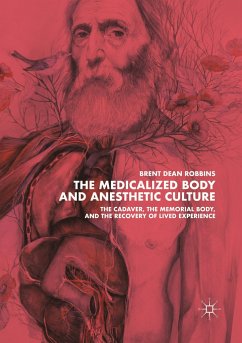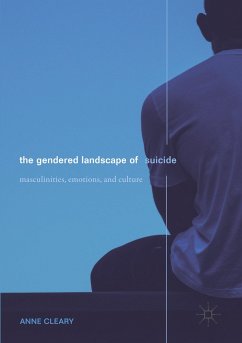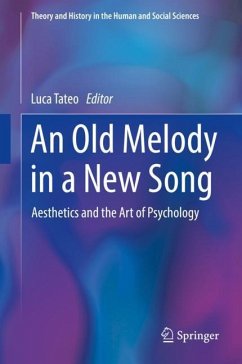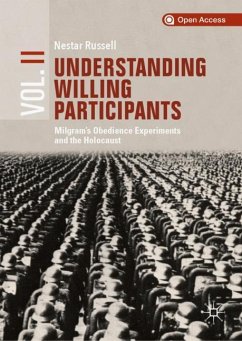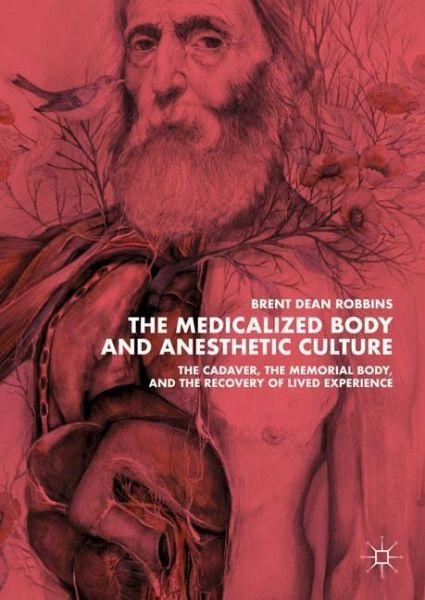
The Medicalized Body and Anesthetic Culture
The Cadaver, the Memorial Body, and the Recovery of Lived Experience
Versandkostenfrei!
Versandfertig in 6-10 Tagen
129,99 €
inkl. MwSt.
Weitere Ausgaben:

PAYBACK Punkte
65 °P sammeln!
This book examines how modern medicine's mechanistic conception of the body has become a defense mechanism to cope with death anxiety. Robbins draws from research on the phenomenology of the body, the history of cadaver dissection, and empirical research in terror management theory to highlight how medical culture operates as an agent which promotes anesthetic consciousness as a habit of perception. In short, modern medicine's comportment toward the cadaver promotes the suppression of the memory of the person who donated their body. This suppression of the memorial body comes at the price of c...
This book examines how modern medicine's mechanistic conception of the body has become a defense mechanism to cope with death anxiety. Robbins draws from research on the phenomenology of the body, the history of cadaver dissection, and empirical research in terror management theory to highlight how medical culture operates as an agent which promotes anesthetic consciousness as a habit of perception. In short, modern medicine's comportment toward the cadaver promotes the suppression of the memory of the person who donated their body. This suppression of the memorial body comes at the price of concealing the lived, experiential body of patients in medical practice. Robbins argues that this style of coping has influenced Western culture and has helped to foster maladaptive patterns of perception associated with experiential avoidance, diminished empathy, death denial, and the dysregulation of emotion.





